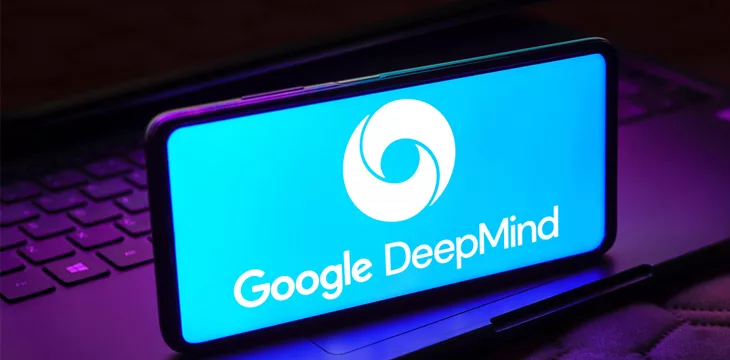|
Getting your Trinity Audio player ready...
|
Google DeepMind (NASDAQ: GOOGL) has shown proficiency in predicting the structures of over 2 million new materials using artificial intelligence (AI) in a move that could change the pace of technological breakthroughs.
Reuters reported that Google DeepMind uses Graphical Networks for Material Exploration (GNoME), a tool relying on deep learning designed to predict the structures of new materials. Early tests with GNoME have resulted in impressive results, with over 700 new structures undergoing real-world testing in lab conditions.
Traditionally, creating and synthesizing new materials is seen as a tedious process involving thousands of hours of tweaking elements to achieve desired results. According to researchers, it took over two decades of research to reach lithium-ion batteries, but integrating AI into the process has the potential to save costs.
To achieve its results, DeepMind generates over a billion structures by modifying elements on the periodic table. Moving forward, DeepMind makes a second attempt, this time predicting new materials based on chemical formulas without regard to existing structures.
Using GNoME, the predictions are filtered to determine the decomposition energy of a given structure, with the tool keeping an eye on the “stable” materials that do not easily decompose.
“We’re hoping that big improvements in experimentation, autonomous synthesis, and machine learning models will significantly shorten that 10 to 20-year timeline to something that’s much more manageable,” DeepMind research scientist Ekin Dogus Cobuk.
Predicting new materials is only one-half of the task for researchers as the materials have to be synthesized in the lab. Researchers at Berkeley have established a new autonomous lab—dubbed A-Lab—to synthesize materials predicted by GNoME, recording 355 separate experiments in just under 17 days.
Experts say combining GNoME and A-Lab offers several real-world benefits, including creating superior materials for advanced batteries, computer chips, and solar panels. Rolling out new materials faces the challenge of taking a long curve to be commercially viable, so experts are hoping to reduce the time frame from two decades to five years.
“Industry tends to be a little risk-averse when it comes to cost increases, and new materials typically take a bit of time before they become cost-effective,” said Kristin Persson, director of the Materials Project.
Fueling AI research
While generative AI is receiving flak from critics over privacy and data breach concerns, researchers are leveraging it and other emerging technologies to streamline experiments in critical sectors.
In medicine, AI models have demonstrated capabilities in predicting COVID-19 variants and speeding up the creation of new medical compounds for drugs. Researchers at iCAD and Google are collaborating on an AI tool for cancer detection, while Meta is working on an AI-powered tool to generate images from brain scans.
“Longer term, it may also provide a stepping stone toward non-invasive brain-computer interfaces in a clinical setting that could help people who, after suffering a brain lesion, have lost their ability to speak,” said Meta (NASDAQ: META).
In order for artificial intelligence (AI) to work right within the law and thrive in the face of growing challenges, it needs to integrate an enterprise blockchain system that ensures data input quality and ownership—allowing it to keep data safe while also guaranteeing the immutability of data. Check out CoinGeek’s coverage on this emerging tech to learn more why Enterprise blockchain will be the backbone of AI.
Watch: Artificial intelligence needs blockchain

 02-25-2026
02-25-2026 




